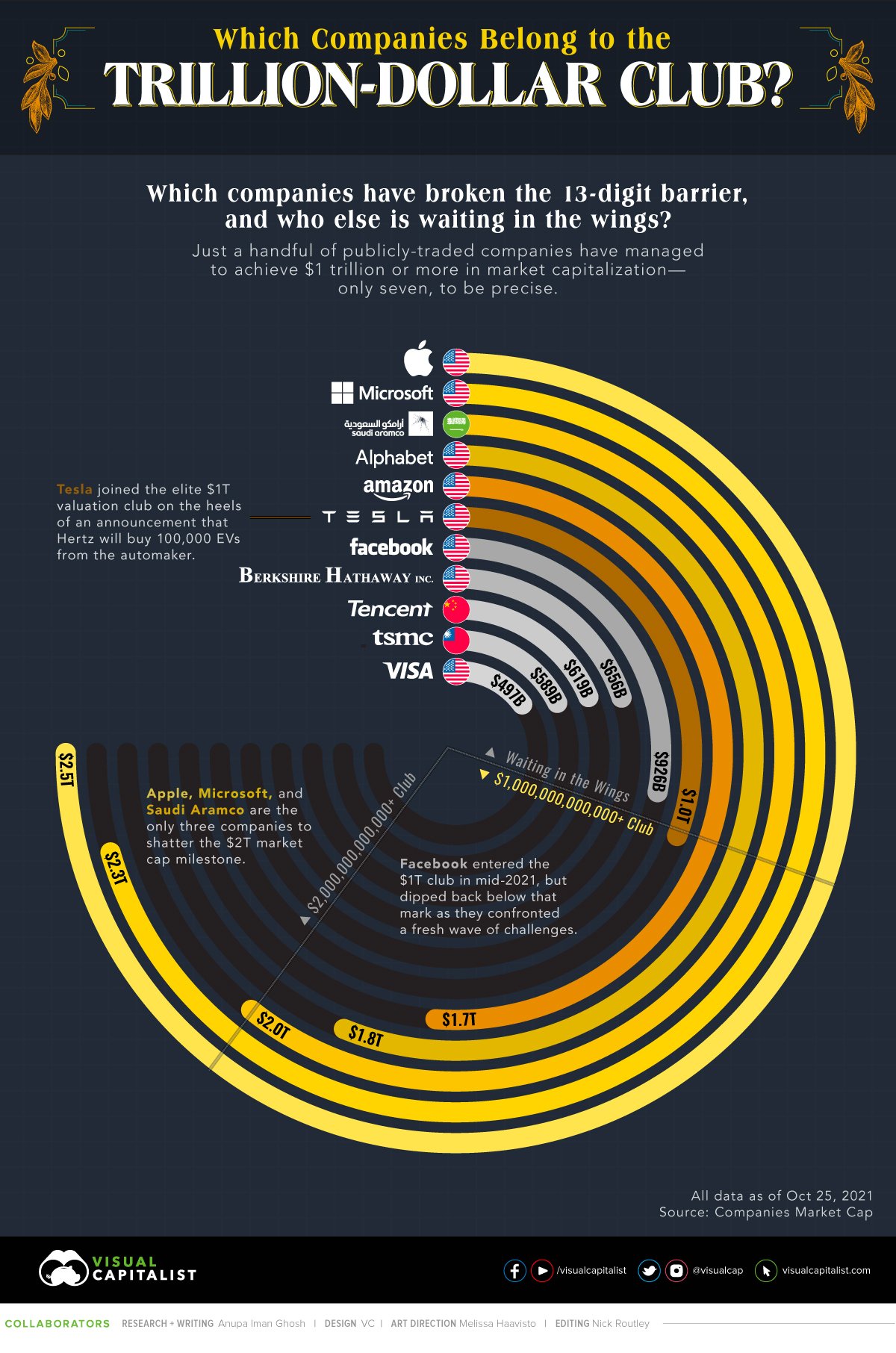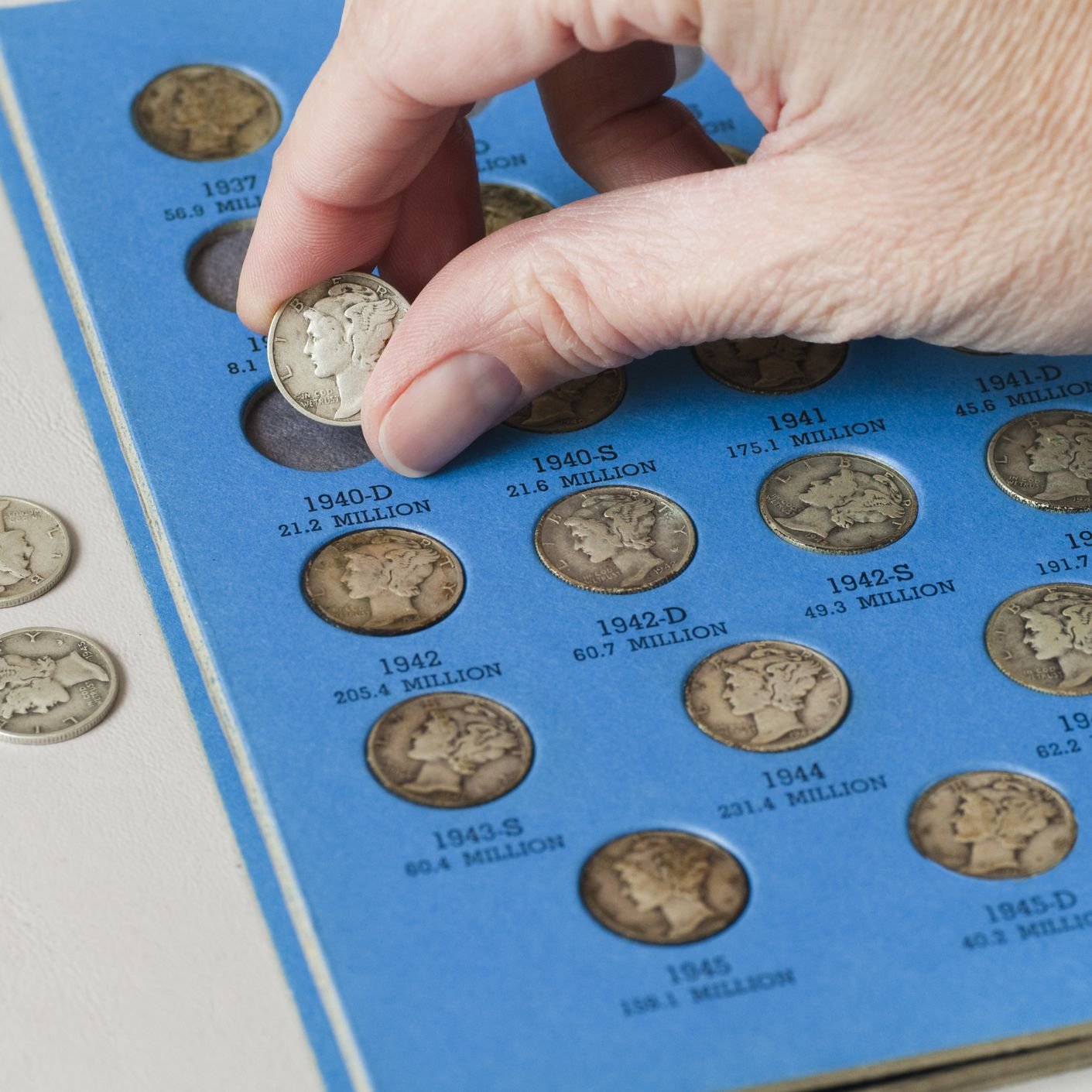Published on February 6, 2022
I was recently very hungry for some answers to a burning question: What is the secret to managing “next-level” stress when it comes to the billion and trillion dollar club’s leaders?
I know there are a lot of books, Youtube videos and blogs out there about “How to avoid burnout for your team, how to manage stress in a Covid and remote world, etc…”. Those are all great for daily levels of stress.
However, I was yearning for some information on how the world’s 0.0001% manage stress in order to first get to where they are, and then stay grounded (without turning into a drunk or drug addict).
WSJ: Mr. Dimon nearly faced a near-death experience and surgeons perched above his chest repairing a gash in the artery that delivers blood from the heart to the rest of the body.
I call this “Next Level” stress because it seems that in these positions the “weight of the world” is literally on your shoulders. For example, JP Morgan’s Jamie Dimon is responsible for a client base that collectively aggregates to nearly $4 TRILLION!! Think of that number for a minute; let it sink it! Compare that to the level of finances you personally are responsible for.
How does he sleep at night given such a high level of responsibility and pressure? One wrong move and all those assets could exit. And all fingers will be pointed at him. [Of course, we all know that unfortunately he recently required a major heart surgery. We’re not sure if that was entirely due to an intense amount of stress, but we’re sure stress had something to do with it.]
Speaking of which, does that level of stress mean that we need to forgo our health to get there? We all know the signs of someone going downhill when faced with intense pressure and stress: Common signals include alcoholism, drug addition, anger and rage, and much more. We also know that someone who has gotten too sucked into those bad habits to deal with stress usually doesn’t last long. Many of these powerful CEO’s in the "trillion dollar club” have been in their same roles for over 15 years on average.
Elon Musk is no stranger to personal, financial and investor NEXT-LEVEL stress
You think your recent investment decisions were challenging? Consider for a minute the position of Elon Musk. The Tesla chief watched his fortune fall $22 billion after shares of his electric vehicle maker had a rough week, falling over 10%. Even though Tesla posted record profits after reporting quarterly earnings, investors focused on the company’s warning that supply chain issues may hurt growth in 2022. And that’s just a day’s worth of ups and downs.
In the past, Elon has worked through near concurrent collapses of Tesla and SpaceX as well as a significant amount of family strife and other struggles. How does he continue give this level of pressure?
Now you may be thinking: Yes, they’ve got so much money they don’t care about the stress anymore. Remember: This level of wealth didn’t come out of thin air: It required NEXT-LEVEL stress to get here.
And let’s face it: No level of money can wipe away the stress of public scrutiny, the number of teammates and employees counting on you (they too saw their employee stock options take a nose dive), investors expecting more and more from you, etc.
How do these Fortune 500 companies handle this NEXT LEVEL stress, and how can we, as CEO’s and leaders, learn a thing or two so we too can think bigger beyond the daily possibilities of stress burnout?
Do these CEO’s just go on fancy vacations to the Seychelles to decompress and come back refreshed? Do they have a daily facial-professional to help them feel rejuvenated?
While all of those luxurious benefits help alleviate some of the daily pressures that come with stress, our study shows that the highest source of stress avoidance seems to come from what is called “Serious Leisure.” Serious leisure is the systematic pursuit of an amateur, hobbyist, or volunteer core activity that is highly substantial, interesting, and fulfilling and where, in the typical case, participants find a career in acquiring and expressing a combination of its special skills, knowledge, and experience.
What is Serious Leisure?
Much of this research is from The Pacific Sociological Review Vol. 25, No. 2 (Apr., 1982), pp. 251-272 (22 pages); Published By: University of California Press.
Many social scientists believe the future will offer significantly fewer opportunities for most adults to gain and maintain a job in the way they are used to doing today. A smaller number of jobs and a substantially reduced number of work hours are in store for many employees in the postindustrial society. Whether or not their jobs ever provided such things, they will increasingly be searching the world of leisure for ways to express their abilities, fulfill their potential, and identify themselves as unique human beings. Serious leisure is a main route open to people with these goals.
So Serious Leisure is a way for people to feel fulfilled, which in effect allows them to FULLY de-stress.
If you lived on this island to conduct running your business, will it be the end to your level of stress?
According to SeriousLeisure.net, a website that focuses on this exact concept, "The serious leisure perspective” (SLP) is the name of the theoretic framework that bridges and synthesizes three main forms of leisure, known as 1) serious leisure, 2) casual leisure, and 3) project-based leisure.
Research began in 1973 on the first of these (the Serious Leisure category), and has continued since that time, while work on casual leisure and then on project-based leisure came subsequently.
Leisure is defined in the SLP as un-coerced, contextually framed activity engaged in during free time, which people want to do and, using their abilities and resources, actually do in either a satisfying or a fulfilling way (or both). The key word here is un-coerced (not forced on you).
Serious leisure is the systematic pursuit of an amateur, hobbyist, or volunteer core activity (highlighted below) that is highly substantial, interesting, and fulfilling and where, in the typical case, participants find a career in acquiring and expressing a combination of its special skills, knowledge, and experience.
Why call it “Serious”? The term "serious" embodies such qualities as earnestness, sincerity, importance, and carefulness. This adjective signals the importance of these three types of activity in the everyday lives of participants, in that pursuing the three eventually engenders deep self-fulfillment.
Amateurs are found in art, science, sport, and entertainment, where they are inevitably linked, one way or another, with professional counterparts who coalesce, along with the public whom the two groups share, into a three-way system of relations and relationships. By contrast, hobbyists lack the professional alter ego of amateurs, although they sometimes have commercial equivalents and often have small publics who take an interest in what they do. The professionals are identified and defined in (economic rather than sociological) terms that relate well to amateurs and hobbyists, namely, as workers who are dependent on the income from an activity that other people pursue with little or no remuneration as leisure (see Stebbins, 2007, pp. 6-8).
Hobbyists are classified according to five categories:
Collectors (such as coin collectors)
Makers and tinkerers
Activity participants (in noncompetitive, rule-based, pursuits such as fishing and barbershop singing),
Players of sports and games (in competitive, rule-based activities with no professional counterparts like long-distance running and competitive swimming) and
The enthusiasts of the liberal arts hobbies, which are primarily reading pursuits.
Volunteers, whether pursuing serious, casual, or project-based leisure, offer un-coerced help, either formally or informally, with no or, at most, token pay, for the benefit of both other people (beyond the volunteer's family) and the volunteer. Nevertheless, the reigning conception of volunteering in nonprofit sector research is not that of volunteering as leisure (volitional conception), but rather volunteering as unpaid work. This latter, economic, conception defines volunteering as the absence of payment for a livelihood, whether in money or in kind. This definition largely avoids the messy question of motivation so crucial to the volitional conception.
Occupational devotees are people who are inspired by“occupational devotion,” by a strong, positive attachment to a form of self-enhancing work, where the sense of achievement is high and the core activity (set of tasks) is endowed with such intense appeal that the line between this work and leisure is virtually erased (Stebbins, 2004b). “Devotee work” is serious leisure from which the worker gains a livelihood.
Serious pursuits is the umbrella concept encompassing serious leisure and devotee work
Serious leisure is further distinguished from casual leisure by six characteristics found exclusively or in highly elaborated form only in the first. These characteristics are:
1) need to persevere at the activity,
2) availability of a leisure career,
3) need to put in effort to gain skill and knowledge,
4) realization of various special benefits,
5) unique ethos and social world, and
6) an attractive personal and social identity
What is the difference between Serious Leisure and the other two categories of leisure, namely casual leisure and project-based leisure?
There’s only so long we can stay on this hammock to de-stress. Think of this type of leisure as “casual leisure.”
Casual leisure is immediately, intrinsically rewarding; it is a relatively short-lived, pleasurable activity requiring little or no special training to enjoy it. It is engaged in for the significant level of pure enjoyment, or pleasure, found. Among its types are: play (including dabbling), relaxation (e.g., sitting, napping, strolling), passive entertainment (e.g., TV, books, recorded music), active entertainment (e.g., games of chance, party games), sociable conversation, and sensory stimulation. Casual volunteering is also a type of casual leisure as is "pleasurable aerobic activity," or casual leisure requiring effort sufficient to cause marked increase in respiration and heart rate (Stebbins, 2004a). Casual leisure is considerably less substantial, and offers no career of the sort just described for serious leisure. In broad, colloquial language casual leisure, hedonic as it is, could serve as the scientific term for doing what comes naturally. Yet, despite the seemingly trivial nature of most casual leisure, Stebbins argues that it is nonetheless important in personal and social life.
Project-based leisure is a short-term, moderately complicated, either one-shot or occasional, though infrequent, creative undertaking carried out in free time (Stebbins, 2005). Such leisure involves considerable planning, effort, and sometimes skill or knowledge, but for all that is not of the serious variety nor intended to develop into such. Nor is it casual leisure. The adjective "occasional" describes widely spaced undertakings for such regular occasions as arts festivals, sports events, religious holidays, individual birthdays, or national holidays while "creative" stresses that the undertaking results in something new or different, showing imagination, skill, or knowledge. Although most projects would appear to be continuously pursued until completed, it is conceivable that some might be interrupted for several weeks, months, even years.









